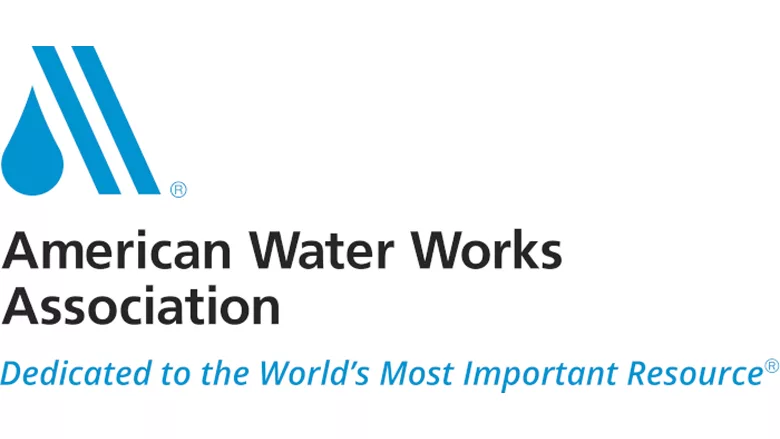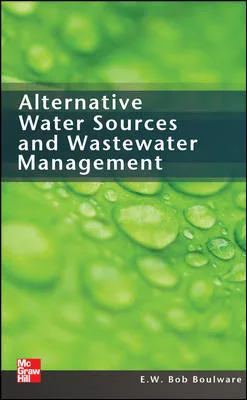Water professionals ‘Toast to Tap’ in honor of Safe Drinking Water Act 50th anniversary

More than 150 water professionals raised glasses to honor the 50th anniversary of the Safe Drinking Water Act (SDWA) with a ‘Toast to Tap’ at the American Water Works Association (AWWA) Fly-In. Each year, AWWA members from across the United States pour into Washington, D.C. for two days to meet with their U.S. senators and representatives about important water policy and legislation.
A ‘Toast to Tap’ was a special moment during the Fly-In recognizing the passage of the SDWA on Dec. 16, 1974. For the past 50 years, the SDWA has set strong water quality standards for the nation’s drinking water and established a regulatory framework to safeguard public health and safety of U.S. citizens.
“The Safe Drinking Water Act makes it possible for the people of the United States to experience some of the world’s highest quality drinking water every single day,” said David LaFrance, AWWA CEO. “Two-thirds of Americans today have never seen a day without a Safe Drinking Water Act, and our communities rightly expect their water to be safe, healthy and affordable. The AWWA Fly-In is the perfect occasion to celebrate the SDWA with AWWA members, our many water community partners, and everyone who works hard to ensure we have safe and reliable drinking water for years to come.”
Leading up to the SDWA anniversary in December, AWWA will continue to recognize the Act’s significant contributions to improving and protecting water quality and emphasize the need for continued investment and scientific evaluation to address emerging challenges.
In addition to recognizing the anniversary, Fly-In delegates will spend time on Capitol Hill discussing water sector priorities with their congressional representatives. Topics include:
- The authorization of a permanent program to assist low-income customers maintain affordable access to water, similar to existing energy, food, and housing programs;
- A liability exemption for water systems under the Comprehensive Environmental Response, Compensation and Liability Act (CERCLA), known as Superfund, in contamination events involving per- and polyfluoroalkyl substances (PFAS);
- Fully funding the Drinking Water State Revolving Fund and halting the practice of diverting funds from the State Revolving Funds to pay for congressional earmarks; and
- A co-regulatory approach for cybersecurity for water systems to improve threat information sharing, support capacity development and provide funding to implement best practices.
Looking for a reprint of this article?
From high-res PDFs to custom plaques, order your copy today!






